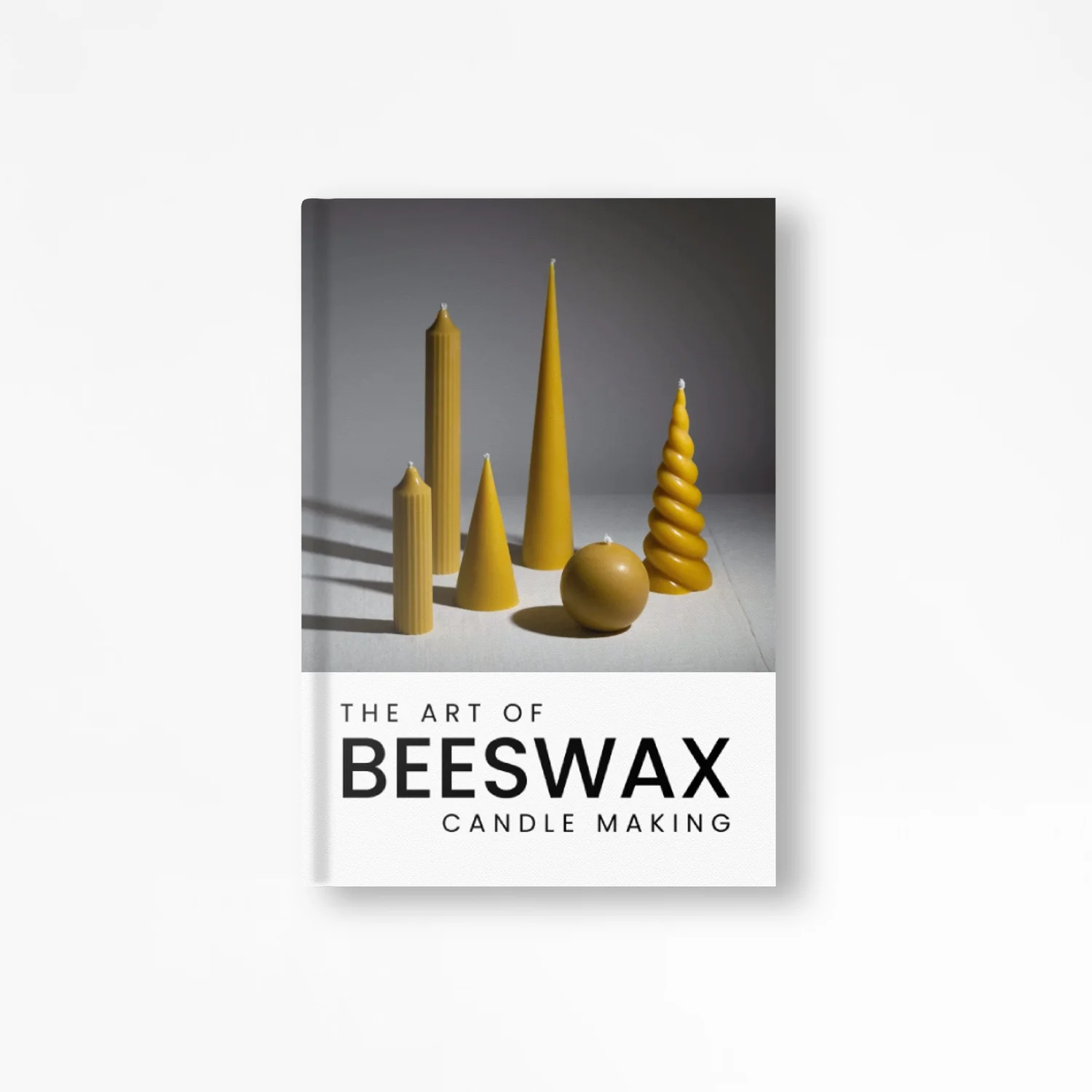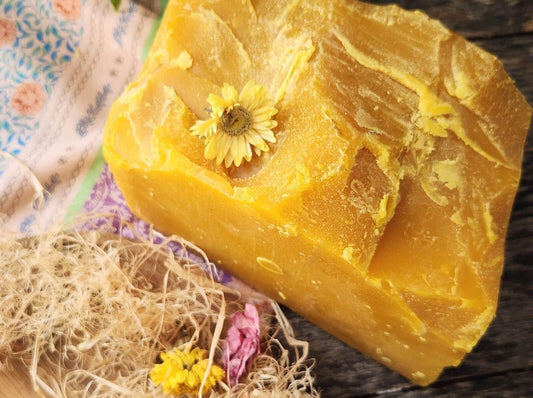As consumers become more mindful of their health and environmental impact, the search for sustainable candle options beyond traditional paraffin-based products, like Yankee Candles, has gained momentum. Embracing eco-friendly alternatives such as beeswax and natural waxes not only supports a healthier lifestyle but also minimizes the detrimental effects associated with conventional candles.
The Perils of Paraffin in Candles
Classic Yankee Candles and many others are predominantly crafted from paraffin, a byproduct of petroleum refining. However, burning paraffin candles releases toxic compounds, including benzene, toluene, formaldehyde, and more, into the air. These chemicals can cause respiratory issues, trigger allergies, and worsen conditions like asthma when inhaled, posing risks to users' health.
Beyond health concerns, the production and burning of paraffin contribute to environmental degradation. As a derivative of non-renewable petroleum, paraffin's extraction and processing have environmental repercussions, including air pollution and depletion of natural resources.
Insights from Recent Research: Scented Candles and Health Impacts
Recent research conducted among university students in Saudi Arabia sheds light on the prevalent use of scented candles, particularly among female respondents. With a striking usage rate of 65.7%, the study highlighted that females were significantly more engaged in this practice compared to males.
The research delved into the extent of exposure, revealing that over a third of users lit scented candles more than four times a month, with durations ranging between 20 to 40 minutes. Astonishingly, around a quarter of respondents reported health-related problems, with headaches, shortness of breath, and coughing ranking as the top concerns. Interestingly, the study found that increased frequency of candle use was linked to lower occurrences of wheezing, while longer exposure durations correlated with higher instances of headaches, sneezing, and wheezing, though the associations were not always significant.
This study accentuates the need for further exploration into the health effects of scented candles, particularly among young adults, and advocates for informed usage to mitigate potential health risks.
The Rise of Beeswax and Natural Waxes
Fortunately, sustainable alternatives like beeswax and natural waxes present a safer and greener option for candle enthusiasts. Beeswax, derived from bees' honeycombs, emits a subtle, natural scent and burns cleanly without producing harmful byproducts. Additionally, natural waxes such as soy, coconut, or rapeseed wax offer similar benefits, promoting cleaner air and reducing health risks associated with toxic emissions.
These natural alternatives not only provide a healthier candle-burning experience but also support sustainable practices. Beeswax, for instance, is a renewable resource produced by bees, while soy, coconut, and rapeseed waxes are plant-based, making them biodegradable and less harmful to the environment compared to paraffin.
Making Informed Choices for Healthier Living
Choosing beeswax and natural waxes over paraffin-based candles is not just a matter of personal preference; it's a conscious decision that prioritizes well-being and environmental responsibility. By opting for sustainable candle options, you contribute to cleaner air quality, support renewable resources, and create a healthier ambiance for yourself and your loved ones.
Next time you light a candle, consider the impact it has beyond its flickering glow. Embrace the warmth and charm of beeswax or natural wax candles and enjoy a safer, more eco-conscious way to illuminate your space.










